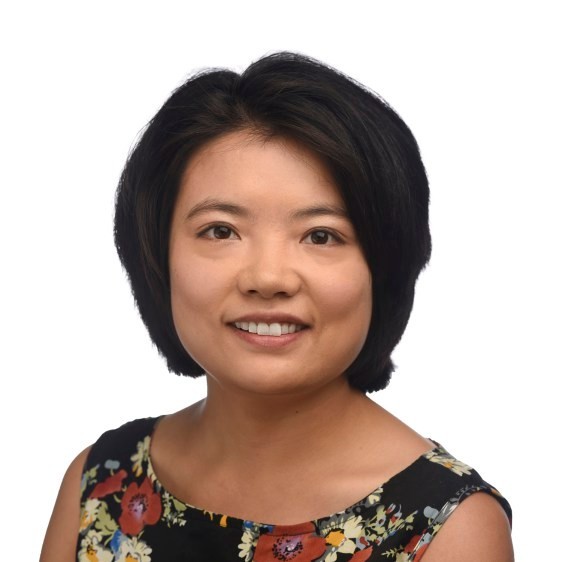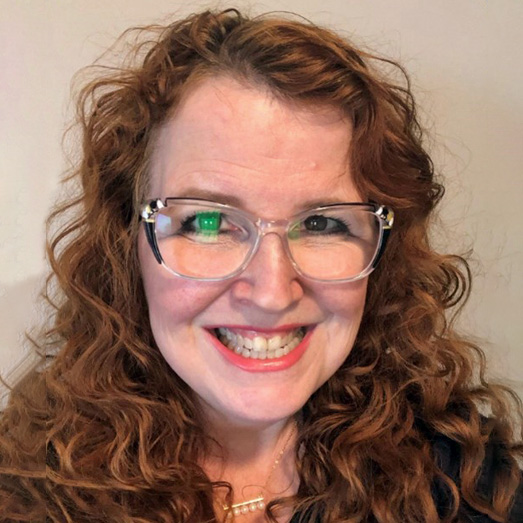At restaurants, work, home, school, and in nearly any other environment, people hover over cell phones these days.
There’s no denying that the nature of daily life has shifted to a mobile context.
We use cell phones to listen to music, stay up on the news, and, of course, stay in touch with each other. Many also have switched from paper to cell phones to create task-lists and the logging of daily activities; this is especially true of millennials.
Camera features appear to be the most popular cell phone tool among millennials. And that makes it easy to assume that everyone between the ages of 18-30 use their cell phone cameras mostly for selfies, capturing important life moments and managing daily tasks.
But do we truly understand how younger adults incorporate photography into their daily lives? If we did, could this knowledge help lead to the development of better mobile apps that could help the younger generation with life management in ways that meet their needs?


Harrisburg University Social Computing and Human-Centered Interaction Design Professor Dr. Tamara Peyton and Interactive Media Studies Professor Dr. Sa Liu have teamed with students on a research project that poses the latter two questions and more.
Dr. Peyton and Dr. Liu’s “Millennials and the Visual Qualified Self” research project aims to understand just how millennials decide what to take pictures of, how they manage to make sense of the photographic data they store in their phones, and what they do with their daily life photos after the task related to it is completed.
This mixed-methods study, which the two professors recently were awarded a $17,500 Harrisburg University Presidential Research Grant to help facilitate with students, will add to work already conducted in the human-centered interaction (HCI) field and information and communication science surrounding youth, photo production and publishing, and social media. The team intends to take the information they gather to develop an app that helps youth manage their daily lives in a way that better incorporates photography.
“By considering and accounting for the way youth integrate photography into their everyday lives, we can better understand privacy issues, general digital skill sets of this population and their cognitive offloading practices, which is the use of tools, processes and systems to help us remember things. This in turn frees up our brain to pay attention to other things that we deem to be of greater importance,” Dr. Peyton said. “That understanding can lead us to the design of better features for potential new mobile apps to help youth with life management in ways that meet their existing preferences and practices.”
Dr. Peyton and Dr. Liu have hired three Interactive Media students as research assistants, one of whom serves as a project coordinator for the endeavor, which is being launched this month. Gabrielle Kopera is the project manager, and Dominic Walker and Jon Marrazzo are project research assistants. The students will be asked to perform the mixed-methods research and data analysis components of the project.
The students will set up and manage a digital survey research tool using Amazon’s Mechanical Turk service. And under Dr. Peyton and Dr. Liu’s guidance, an Interactive Media student will conduct face-to-face interviews with millennials between 18-20 years of age from HU and central Pennsylvania. All students involved will help run co-design workshops that incorporate a few of the key interviewees who will participate in the design of the new app. HU Computer Information Science Professor Brian Grey, along with Pamela Wisniewski, Assistant Professor of Computer Science at the University of Central Florida, and Dr. Maoyuan Sun, Assistant Professor of Computer and Information Science at the University of Massachusetts Dartmouth, also will work with the team on the project.
The five primary project work goals are to:
- Investigate the role of mobile phones in photographic practice for youth, both for short-term daily memory activities and for longer term life-event capture.
- Explore the distinctions youth place on photos taken as memory aids and photos taken as mementos of life events
- Catalog the social photo sharing and photo blogging practices of youth, on platforms from Facebook, Snapchat, Instagram, Twitter, Tumblr and others.
- Describe the rationales used by youth that direct their choices of privacy settings that play into their photo retention decision making.
- Determine the features of photographic and scrapbooking apps that factor into individual photographic practice and photo management for youth, for both daily life and for key life events.
The first stage of the project will consist of a study, which is considered the investigation stage of the project, which will be funded by the Presidential Research Grant. Phase two will involve the development and choosing of ideas to proceed with, and stage three will involve final implementation.
“We expect that this research would shed light on the new memory management practices in the digital era, as hand writing and paper-list making declines in favor of mobile enabled practice,” Dr. Peyton said. “This project offers students a well-defined opportunity to enact one of the experiential learning components of their undergraduate degrees at HU. It also provides an avenue for us, as faculty, to contribute new understandings and new design opportunities to the computer science field, particularly within human-computer interaction and mobile solutions design.”
“The students chosen for the project will also get the opportunity to have their names included as authors of the published work,” Dr. Peyton added. “Via the publication, HU will be able to start to showcase its role as an emerging institution that is conducting solid human-centered technology research.”
About Harrisburg University
Accredited by the Middle States Commission on Higher Education, Harrisburg University is a private non-profit university offering bachelor and graduate degree programs in science, technology, and math fields to a diverse student body. For more information on the University’s affordable demand-driven undergraduate and graduate programs, call 717.901.5146 or email, Connect@HarrisburgU.edu